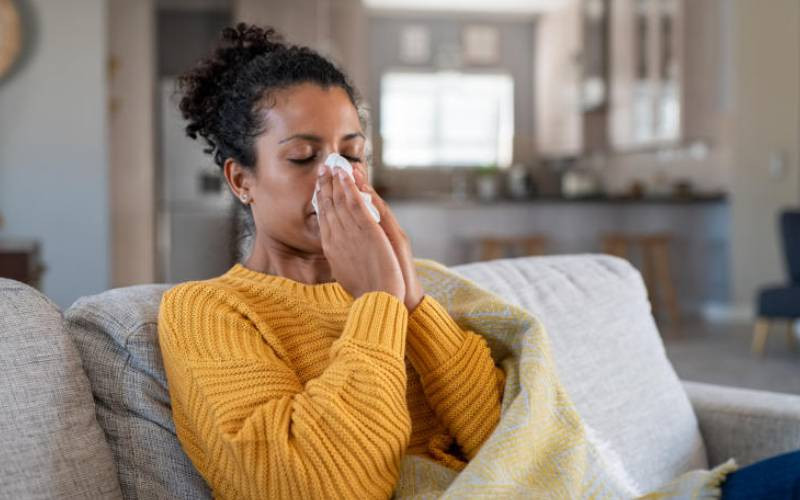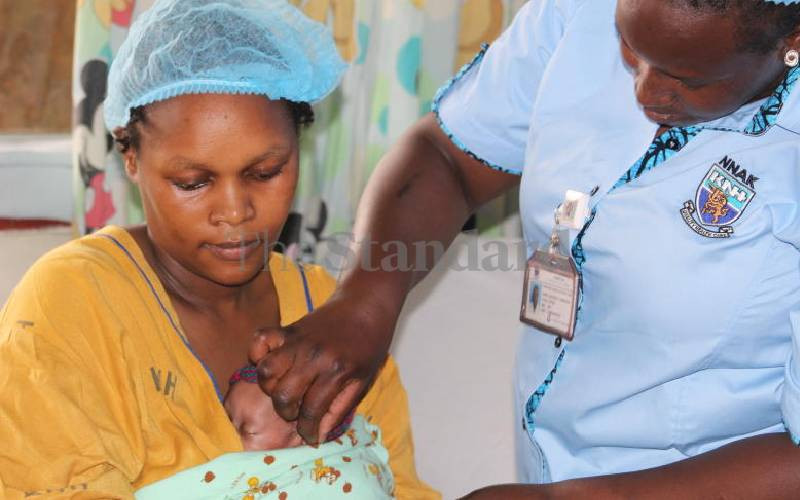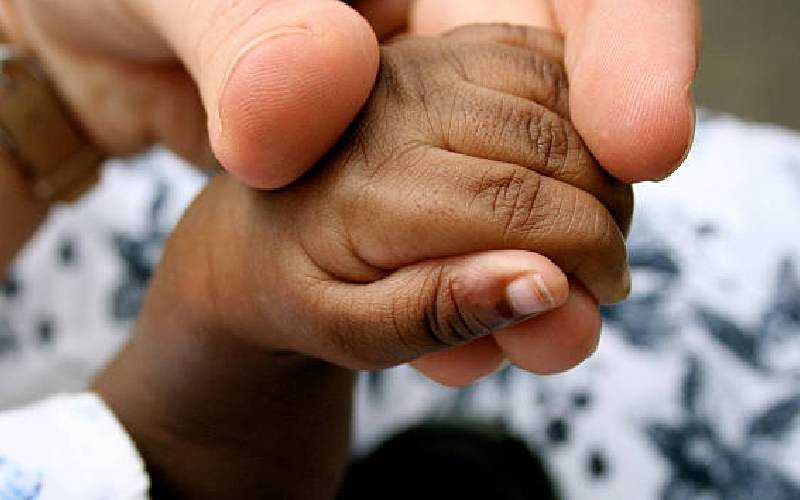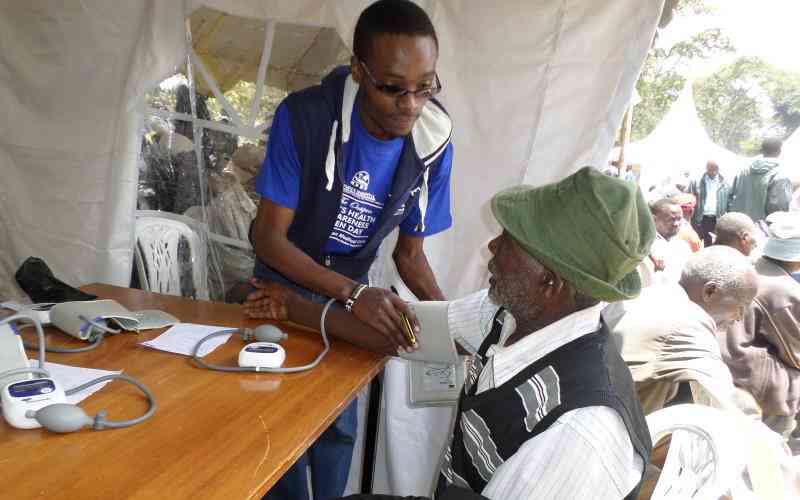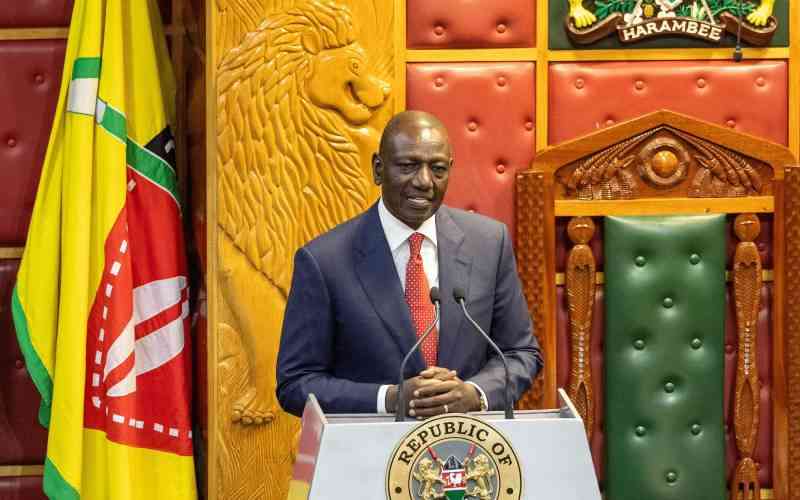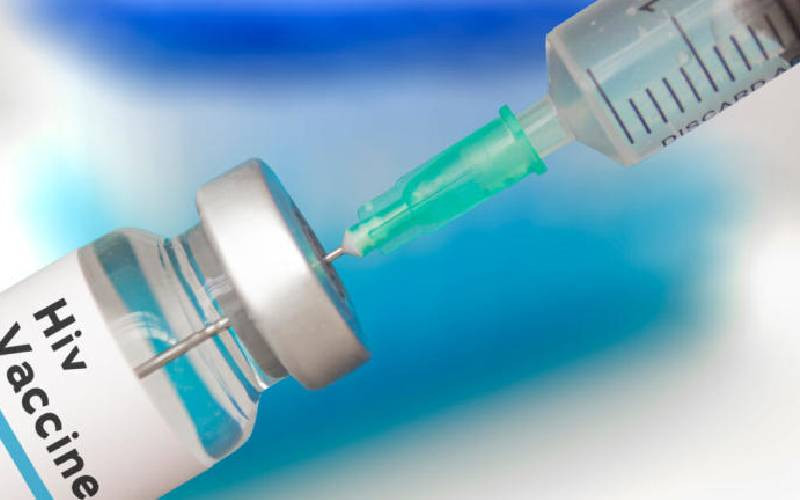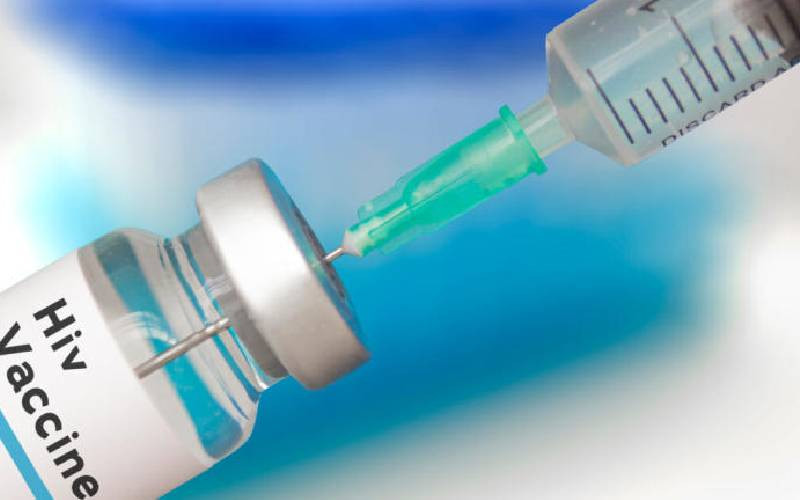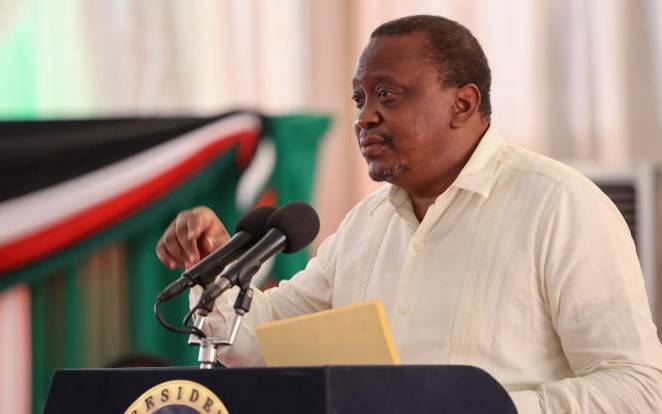
President Uhuru Kenyatta gives his remarks during the Health Sector Intergovernmental Forum on Universal Health Coverage at a Mombasa hotel on October 31, 2020. [PSCU, Standard]
All eyes are on President Uhuru Kenyatta as he is set to chair an inter-governmental summit on Covid-19 response to address the escalating pandemic in the country.
While the summit promises and a ‘wait and see’ situation for Kenyans; for the president, it serves a delicate juggling act. An act that involves balancing the safety of the people and the prosperity of the nation.
Kenya has been on the upward surge posting higher numbers of Covid-19 infections. On Sunday, the country’s death toll scaled to 1,013 after 17 additional patients succumbed to the disease. Another 724 new cases were confirmed today afternoon bringing the total caseload to 56,601 and additional 14 deaths.
Saturday was the country’s darkest day after she posted the highest daily figure of 1,395 and 15 deaths. Besides the growing number of infections are serious concerns about the disruptions by the pandemic. The Standard revealed on Monday that health facilities and schools at the Coast have been condemned to closure after the virus wreaked havoc in the region at the second wave of the infection.
Since the phased reopening of schools, tens of teachers and learners have tested positive for the virus, a situation that compounds concerns for the government. Counties in the Western and Eastern parts on the country are emerging to be the second epicentres of the infection after Nairobi and Mombasa which have dominated the chart since the disease jetted in early this year.
In his last address, when he reopened bars, clubs and restaurants, and revised curfew hours; President Uhuru promised a relook of the containment measures if the infections would continue to pile.
Addressing a gathering at All Saints Cathedral during celebrations of 50th anniversary of Anglican Church of Kenya (ACK) in Nairobi, the Head of State never ruled out the possibility of reverting to a lockdown.
“We are going through that difficult time where we are now wondering what to do. Do we close up? We shall be coming back to that. Not today, but soon,” Uhuru said.
He would then sound an alarm to signify that people would bear the greatest responsibility should he change the status quo on Wednesday during the sixth summit.
“We don’t have to (close) if only people would observe and would be caring for their fellow citizens. It is possible to keep Covid at bay and lead a normal life,” he added.
The president is presented with a delicate scenario that requires him to walk a tight rope of decision.
The economy
The Kenyan economy is still reeling from the impacts of the Covid-19 that is not yet done with the world. The Central Bank of Kenya Governor Dr Patrick Njoroge told the Standard recently that the country suffered a great deal as a result of the pandemic. By Friday last week, the Standard established the country has suffered Sh6.4 deteriorations against the dollar since the pandemic came in. The shilling traded at Sh104.4 against the dollar as of March and by last week, it went for Sh108.4. Dr Njoroge said the unknown side of the impacts of the virus promises grimmer fortunes for the economy.
“Coronavirus is actually the one that is the unknown. The others are in the realm of known unknowns,” Njoroge said, as he further added, “We don’t know what it (Covid-19) could lead to. We don’t know how to measure the risks. It is the biggest unknown.”
A survey by the Kenya National Bureau of Statistics (KNBS) gave a saddening outcome of how the country took the hit due to the pandemic. The survey revealed that six out of 10 houses in the country suffered unemployment attributable to the pandemic. Also, tourism sector alone had lost Sh80 billion in terms of revenue as a result.
By early September, the number of unemployed Kenyans whose fates were defined by the pandemic had risen to over 4 million. Another inactive group, comprising the sick and learners topped 9 million.
BBI and schools
After the launch of the Building Bridges Initiative report at the Bomas of Kenya, Nairobi, on Monday, October 26; the President and his newfound ally ODM leader Raila Odinga are rearing to go to popularise the report.
This, however, may come at the expense of risking the lives of Kenyans and political leaders. After easing the containment measures, the country reverted to the heated political environment. Mr Odinga addressed a funeral gathering in Bondo on October 17 telling the country to brace for the return of reggae (BBI).
“Our people should prepare. We are preparing for the future and we will blow the whistle very soon. It is only a few days before we bring reggae back,” he said. It only took days for him and Uhuru to address mammoth of the crowd the defied containment measures in Kisumu as the president inspected projects initiated in the county.
Deputy President William Ruto on the other side was making numerous trips to counties in Nyanza, Eastern and Central Kenya with his hustler politics.
It is not only ‘reggae’ and hustler trips that are at stake. Ministry of Education reopened schools for Grade 4, Class 8 and Form Four learners to prepare for examinations scheduled early 2021. But even after a reassurance from the ministry that it won’t retreat by reclosing the learning institutions; it is clear that the virus surge poses a serious challenge for the further reopening of schools.
 The Standard Group Plc is a multi-media organization with investments in media platforms spanning newspaper print
operations, television, radio broadcasting, digital and online services. The Standard Group is recognized as a
leading multi-media house in Kenya with a key influence in matters of national and international interest.
The Standard Group Plc is a multi-media organization with investments in media platforms spanning newspaper print
operations, television, radio broadcasting, digital and online services. The Standard Group is recognized as a
leading multi-media house in Kenya with a key influence in matters of national and international interest.

